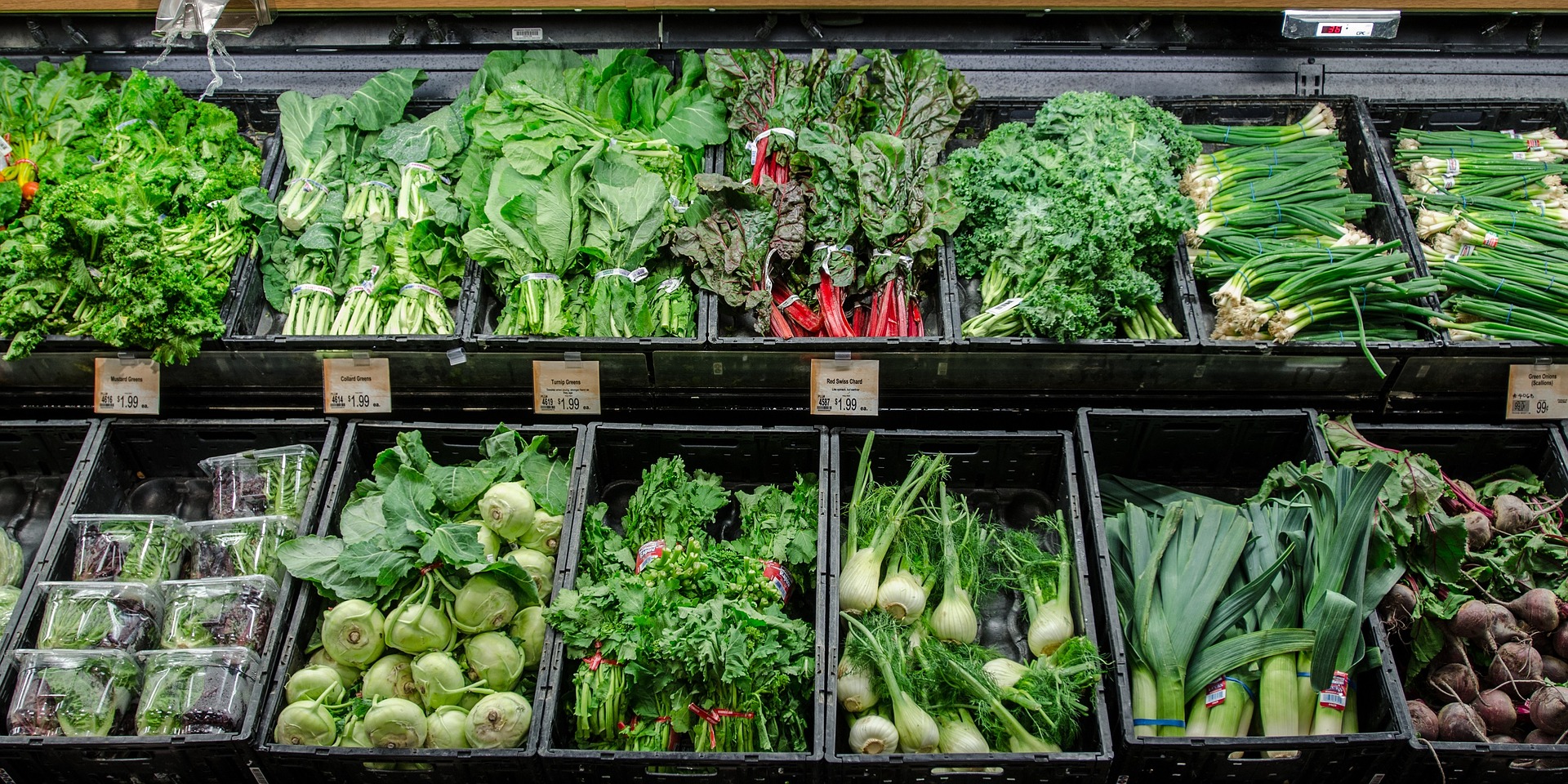The organisers of the ‘OECD Conference on Genome Editing: Applications in Agriculture – Implications for Health, Environment and Regulation’ published ‘An overview of regulatory approaches to genome editing in agriculture’.
The article summarises the OECD Conference session on ‘Regulatory Aspects of Genome Editing’, during which government representatives from six different countries around the world reported on the policy frameworks pertaining to genome editing in their respective countries, and discussed their specificities, as well as the common issues encountered.

Subsequent to the country-specific presentations of the current regulatory approaches to genome editing, the government representatives participated in a panel debate, which sought to discuss the regulatory considerations for genome editing applications that had been identified during the session, and outlined the similarities and differences. It also considered the issues arising from a lack of global harmonisation in the regulation of genome-edited applications (Friedrichs, Takasu, et al., 2019).
The conference agreed that more effort was needed from all stakeholders to improve and prioritise both the communication and the information exchange concerning genome editing, in order to ultimately create a market for the technology’s beneficial products: public risk communication by both advocates and opponents needed to be fact- and science-based, without over-burdening non-specialist public with undue information (Friedrichs et al., 2019).
Disclaimer
The opinions expressed and arguments employed in this paper are the sole responsibility of the authors and do not necessarily reflect those of the OECD or of the governments of its member countries.
Acknowledgments
The “OECD Conference on Genome Editing: Applications in Agriculture – Implications for Health, Environment and Regulation” was jointly organised by the OECD Directorates of Environment (ENV), Science, Technology and Innovation (STI), Trade and Agriculture (TAD) and Public Governance and Territorial Development (GOV), with specific support from the OECD’s Internal Co-ordination Group for Biotechnology (ICGB) (coordinated by the Environment Directorate); a Steering Group with delegates from a number of OECD working parties considerably helped with the preparations for this conference. Held under the auspices of the OECD Global Forum on Biotechnology, the conference was supported by the OECD’s Co-operative Research Programme: Biological Resource Management for Sustainable Agricultural Systems,3 the OECD Central Priority Fund, the US Department of Agriculture Foreign Agricultural Service (USDA-FAS), and by the Journal of “Transgenic Research” of Springer International Publishing.






